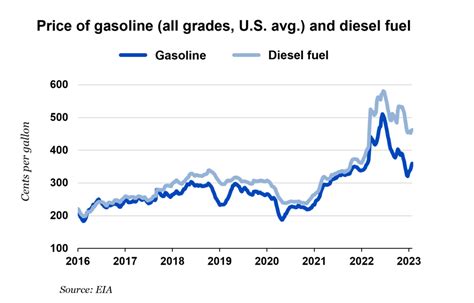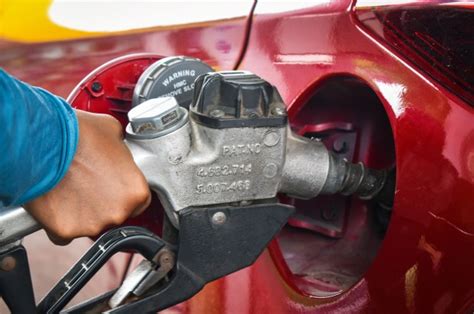Understanding Octane: More Than Just a Number
Many drivers face the dilemma at the pump: standard regular or pricier premium fuel? The temptation to give your car “the best” often leads to opting for higher-octane gasoline, but is this choice always beneficial, or simply a waste of money? The answer isn’t universal and primarily depends on your vehicle’s design and manufacturer specifications.
Premium fuel is essentially gasoline with a higher octane rating, typically 91, 93, or even 94, compared to regular’s 87. This rating indicates the fuel’s resistance to pre-ignition or “knocking” – an uncontrolled combustion event that can damage an engine. Contrary to popular belief, a higher octane rating doesn’t mean more power or better fuel economy for every car. Instead, it’s about suitability for specific engine types.
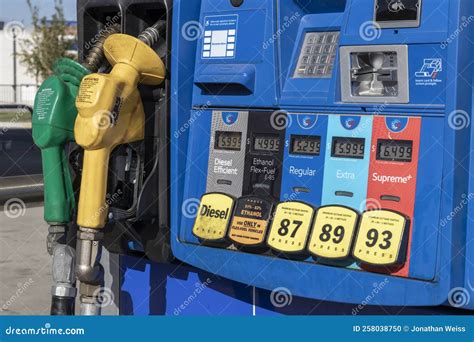
When Your Car *Requires* Premium Fuel
The most straightforward answer to “when is premium fuel worth the cost?” is: when your car’s manufacturer explicitly requires it. High-performance, luxury, and certain turbocharged or supercharged engines are often designed with higher compression ratios or more advanced ignition timing. These engines are engineered to extract maximum power from higher-octane fuel, which resists pre-ignition under the extreme pressures and temperatures within these powerplants.
Consult your vehicle’s owner’s manual or the fuel door sticker. If it states “Premium Fuel Required” or “91+ Octane Only,” then using regular unleaded could lead to reduced performance, decreased fuel efficiency, and, in the long term, potential engine damage due to constant “knocking.” Modern cars have knock sensors that will adjust engine timing to compensate for lower-octane fuel, but this usually comes at the cost of horsepower and fuel economy.
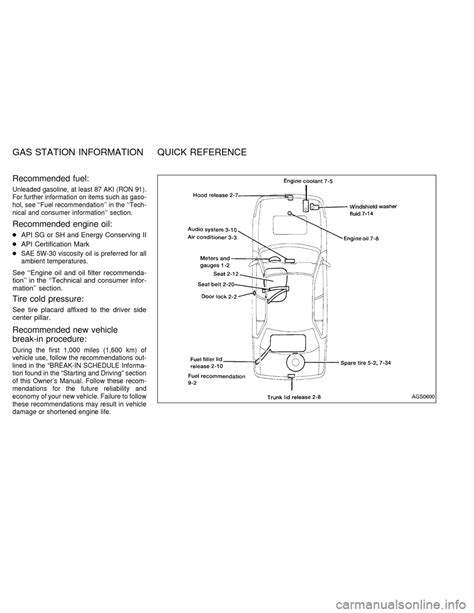
When Premium Fuel Offers No Advantage
For vehicles that recommend or require regular 87-octane fuel, filling up with premium is generally a waste of money. These engines are designed with lower compression ratios and less aggressive ignition timing, meaning they cannot take advantage of the higher octane. The engine’s computer (ECU) is programmed for regular fuel and won’t adjust to gain any benefit from premium. You won’t see increased horsepower, better fuel efficiency, or a cleaner engine. Any perceived difference is often a placebo effect.
Modern engines are incredibly sophisticated. Even if your car’s manual suggests “Premium Recommended” but not “Required,” it usually means the engine can run safely on regular fuel, but might achieve its peak advertised horsepower or torque figures only with premium. For most daily driving, the performance difference would be imperceptible, making the extra cost negligible.
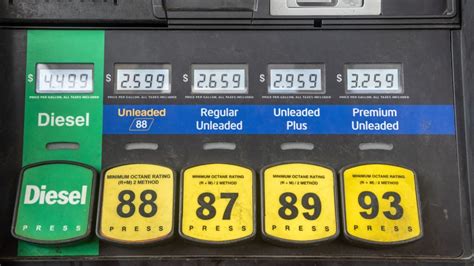
Myth Busting: Does Premium Clean Your Engine?
A common misconception is that premium fuel has more detergents or is “cleaner” for your engine. While all gasoline sold in the U.S. (and many other countries) must meet minimum detergent additive standards, there’s no inherent difference in cleanliness between regular and premium fuel from the same brand or grade, beyond the octane rating itself. The Top Tier Detergent Gasoline standard ensures a higher level of additives, but this applies to all octane grades from certified retailers, not exclusively to premium.
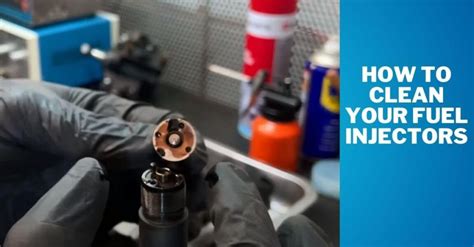
The Cost-Benefit Analysis
Consider the financial impact. If premium fuel costs, for instance, 50 cents more per gallon, and you fill up 15 gallons per week, that’s an extra $7.50 weekly, or $390 annually. If your car doesn’t require premium, that money is effectively thrown away. For a vehicle that mandates premium, this cost is a necessary operating expense to protect your engine and maintain optimal performance.
In summary, the decision boils down to your vehicle’s specific needs. Trust your owner’s manual above all else. If premium is required, use it. If it’s recommended but not required, consider if the marginal performance gain is worth the extra expense for your driving style. If only regular is recommended, stick with it – your wallet and your car will thank you.
